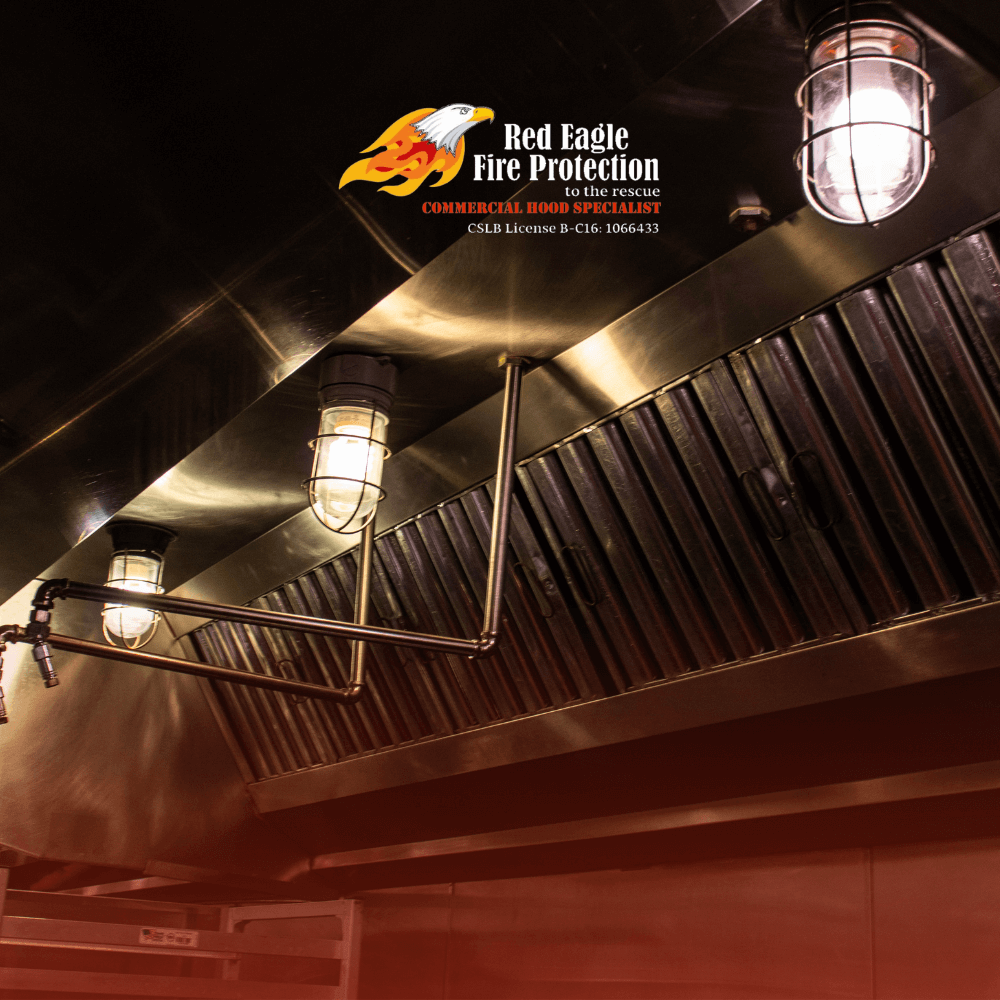Commercial kitchens face unique risks when it comes to fire safety. Kitchen exhaust hood cleaning is an essential part of maintaining a safe environment for staff and patrons alike. By keeping exhaust hoods, ducts, and filters free from grease buildup, businesses can reduce the risk of fires, improve air quality, and ensure compliance with health and safety regulations.
Why Kitchen Exhaust Hood Cleaning is Essential
Commercial kitchens produce high volumes of smoke, grease, and particles that can quickly accumulate within the exhaust hood system. These particles, if not regularly cleaned, form a highly flammable layer, which can lead to a devastating fire if ignited. Regular exhaust hood cleaning not only removes this buildup but also allows the exhaust system to operate more efficiently, reducing the risk of fire hazards.
The Fire Hazard of Unmaintained Exhaust Hoods
Grease fires are a common issue in commercial kitchens, and dirty exhaust systems are a leading cause. When hot grease vapors are absorbed into the exhaust hood and ductwork, they create a sticky residue. Over time, this residue builds up, making the hood system a fire hazard. A clean kitchen exhaust hood system minimizes this danger by keeping flammable substances out of the air ducts.
Health and Safety Compliance
Beyond fire prevention, kitchen exhaust hood cleaning is also a legal requirement in many regions. Health and safety codes demand that commercial kitchens keep their ventilation systems clean to prevent contamination and health risks. By scheduling regular cleanings, businesses stay compliant and avoid costly fines, inspections, and potential legal actions.
Improving Air Quality and Ventilation Efficiency
Clean exhaust hoods not only enhance safety but also improve the air quality within the kitchen and dining areas. With regular exhaust hood maintenance, the ventilation system operates smoothly, removing smoke and odors effectively. This ensures that both employees and patrons enjoy a safer, healthier atmosphere. Additionally, a clean exhaust system is more energy-efficient, as it doesn’t have to work as hard to move air through the system, resulting in lower energy costs.
How Often Should You Schedule Kitchen Exhaust Hood Cleaning?
The frequency of kitchen exhaust hood cleaning depends on the type and volume of cooking in your kitchen. For high-usage kitchens, such as those in restaurants, monthly cleaning is often recommended. Medium-volume kitchens may require cleaning every three months, while light-use facilities may only need cleaning twice a year. Partnering with a professional exhaust hood cleaning service ensures a thorough, effective clean and supports compliance with fire safety standards.
Choosing a Professional Exhaust Hood Cleaning Service
Professional cleaning services have the tools and experience necessary to remove built-up grease from the entire system, including ducts and filters. By choosing a reputable kitchen exhaust hood cleaning service, you ensure the job is done correctly, reducing the risk of fire and maintaining a safe environment. Look for certified professionals who are trained in NFPA 96 standards, which dictate the best practices for commercial kitchen ventilation and fire safety.
Enhance Your Commercial Kitchen’s Safety Today
Don’t overlook the importance of kitchen exhaust hood cleaning in your safety plan. Regular cleaning is a key factor in preventing fires, maintaining compliance, and ensuring the health of everyone in your kitchen. Protect your business by making exhaust hood maintenance a priority.
READ MORE:

